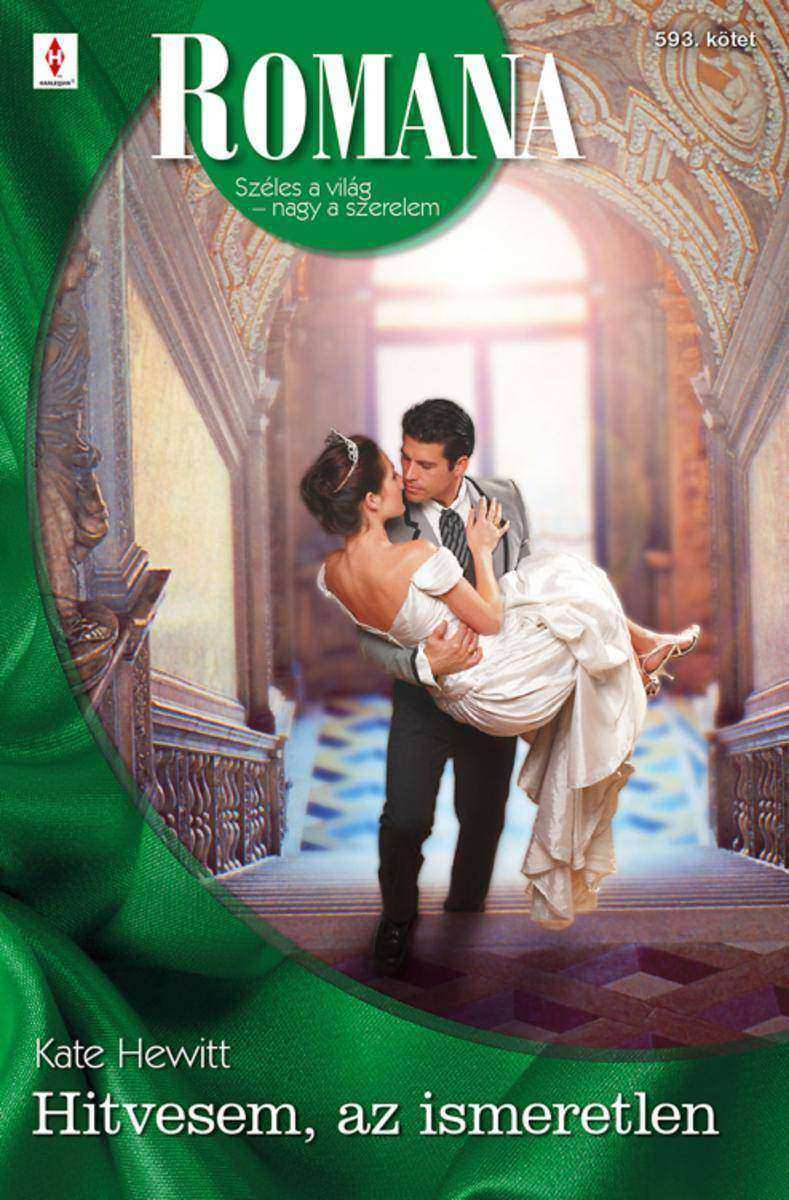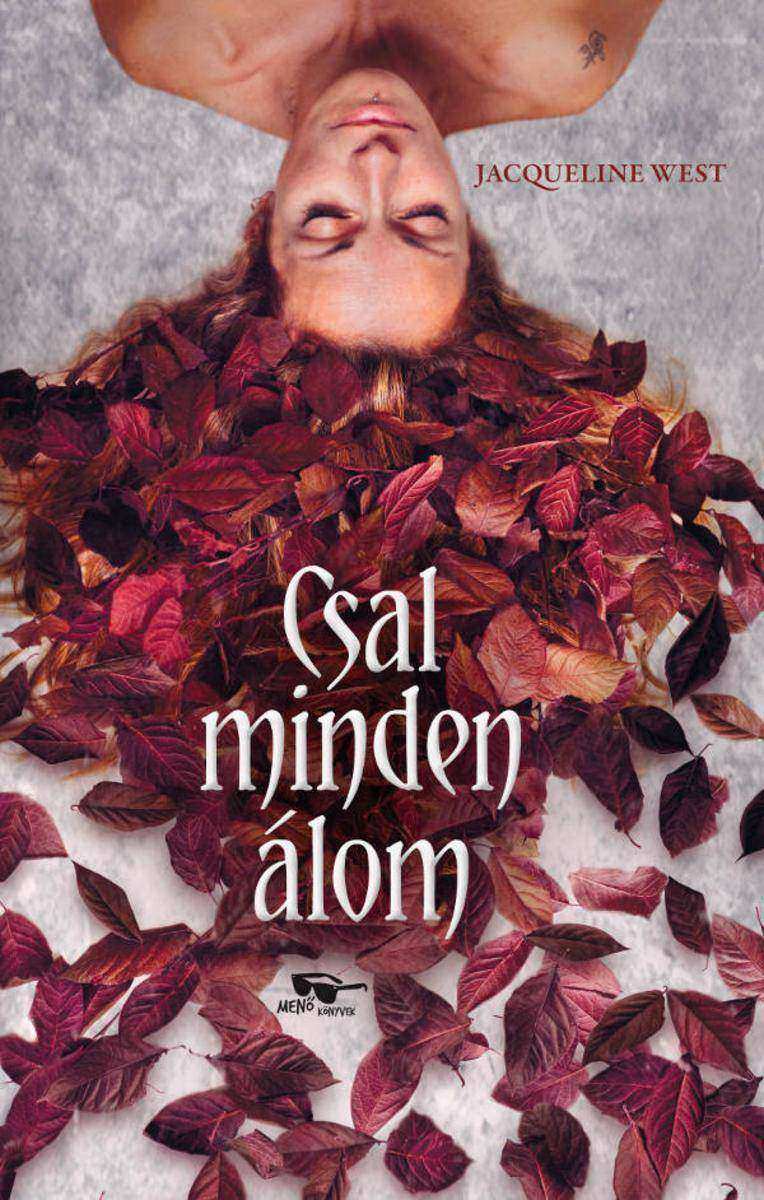
Fogadd el magad: Pozitív testkép, egészséges ?nbizalom
¥67.61
Fogadd el magad: Pozitív testkép, egészséges ?nbizalom

Romana 587. (Helyettes menyasszony)
¥18.56
Romana 587. (Helyettes menyasszony)

Az utolsó boszorkány lánya
¥74.56
Az utolsó boszorkány lánya

Valentin-napi fogadás, Menyasszony a pácban
¥50.19
Valentin-napi fogadás, Menyasszony a pácban

Dr. Kelekótya / T?kéletlen szerelem / Férfit látok álmaimban
¥43.08
Dr. Kelekótya / T?kéletlen szerelem / Férfit látok álmaimban

Hitvesem, az ismeretlen
¥18.74
Hitvesem, az ismeretlen

Sértett ártatlanság
¥20.11
Sértett ártatlanság

D.A.C. 6. - ?retté nyilvanítva
¥57.31
D.A.C. 6. - ?retté nyilvanítva

Cselsz?vés Hollywoodban
¥40.71
Cselsz?vés Hollywoodban

Inkább boldog
¥58.04
Inkább boldog

Csal minden álom
¥58.29
Csal minden álom

A zongoristaprojekt
¥74.56
A zongoristaprojekt

A fogadott lány
¥100.47
A fogadott lány

A tetovált srác
¥74.56
A tetovált srác

Romana 588. (Hazárdjáték a szerelemmel)
¥18.56
Romana 588. (Hazárdjáték a szerelemmel)

Elválaszt és ?sszek?t / Ellenállni f?l?sleges
¥37.36
Elválaszt és ?sszek?t / Ellenállni f?l?sleges

Féltve ?rz?tt titok
¥18.74
Féltve ?rz?tt titok

Romana 602. - A f?n?k jobbkeze
¥20.11
Romana 602. - A f?n?k jobbkeze

Arany Júlia 38. k?tet - A múlt béklyója, Kezedben az életem, Római vakáció
¥51.83
Arany Júlia 38. k?tet - A múlt béklyója, Kezedben az életem, Római vakáció

Romana 603. - El?sz?r és utoljára (A ?három istenn?” 1.)
¥20.11
Romana 603. - El?sz?r és utoljára (A ?három istenn?” 1.)

Szívhang kül?nszám 52. k?tet
¥46.03
Szívhang kül?nszám 52. k?tet




 购物车
购物车 个人中心
个人中心



